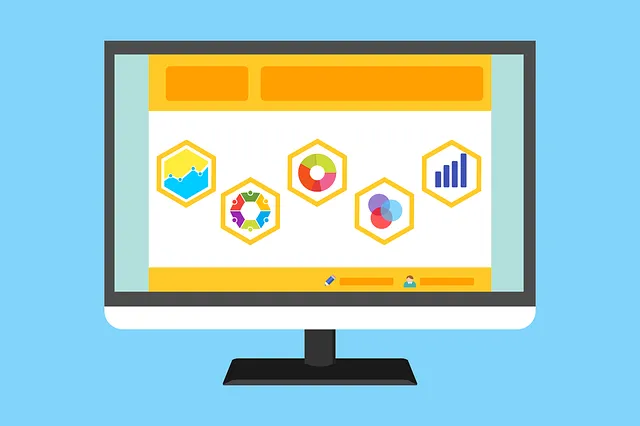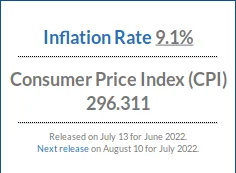Ah, bureaucracy. The library network here is officially a non-profit organization, but the majority of its funding is from state tax district revenue. Naturally, this means our budget is not informed by market influences, and only tangentially by voter input. So what should our pay rates be, especially in a volatile time of economic turmoil like 2022? Well, the bigwigs decided to hire a consultant!
Various staff members were assigned the task of filling out surveys to provide a better understanding of our assorted duties at different branches and in different positions. Measuring our skills and duties against other industries will supposedly help them find out what our pay "should" be, right? The survey was presented as having no wrong answers, and we just needed to choose the best options in multiple-choice questions, fill out some explanations, and measure our actual responsibilities against the existing job descriptions. Paperwork is the same as progress!
In reality, it was an absolute mess. The Microsoft Word document used for this process was just ugly, which can perhaps be excused despite the doubtless exorbitant fee of these consultants. It was also so painfully generic that fitting my responsibilities into the options they offered was a challenge. I did my best anyway.

This looks at least semi-professional, unlike our survey. Image credit
A few days after submitting my completed survey to my branch manager, the Human Resources person told her some of my answers were wrong. At the very least, I was an outlier on two specific questions. I thought the point was to document change and nuance so their job descriptions and pay scales could be revised and updated. What is the point if they already know what the answers "should" be, and we are supposed to just match their preconceived notions?
I examined the HR objections. I verified my answers with my manager, and she agreed with my explanations. Back it went with additional comments.
One of those "problematic" responses was to a question about our role in information security and our access to sensitive or confidential information. I'll let you in on a little secret here: Librarians know a lot about our patrons. Our checkout computers access our district database. When we scan a library card or search a name, we have access to full names, physical/mailing addresses, phone numbers, and e-mail addresses. We can also change passwords. While our district does not maintain long-term records on what people borrow, we know who is researching cancer, divorce, transgenderism, wicca, fursuit costumes, and who knows what all else that would make wonderful small-town gossip material. We also incidentally help people print and copy tax documents, birth certificates, driver's licenses, and all sorts of other juicy data for identity thieves. Our job requires keeping all of that under our hats.

The official numbers are bad, so I assume the real situation is worse. Screenshot source
In the short term, I hope we can get a serious pay increase, because I could flip burgers for better pay than I get now. Energy, housing, and used car prices are skyrocketing, and groceries aren't exactly getting any cheaper. Inflation means even by the official numbers, I have taken a roughly 10% real-world pay cut over the past year.
In the long term, I still hold a faint hope that the few worthwhile things funded by taxes can be funded privately so tax collectors have fewer justifications to sell their extortion schemes to a gullible public. I firmly believe libraries provide a useful service to our patrons, but real reform is a lot more complicated and risky than the bureaucratic nonsense of government procedures and corporate-style consultants.
